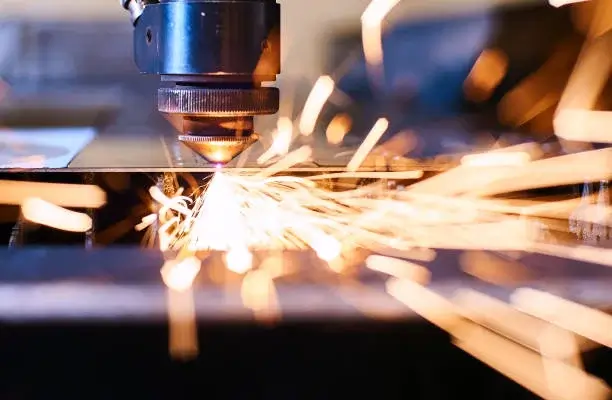The EU has rejected a proposed U.S. decision to remove tariffs on steel and aluminum, heightening fears of a renewed transatlantic trade dispute.
Both sides put the tariff war on hold due to measures imposed by then U.S. President Donald Trump in 2021, but should reach a binding deal on a new green steel club by October.
But the EU believes the proposed US solution is likely to violate World Trade Organization rules because it discriminates against domestic producers, officials say persons aware of the situation.
Valdis Dombrovskis, head of the EU trade department, travels to Washington next week as there is little time left to achieve a breakthrough.
If both sides fail to reach an agreement, in October U.S. tariffs will automatically take effect, as will EU retaliatory measures. The tariffs are 25% on steel and 10% on aluminum from Europe, while the EU introduces targeted goods such as bourbon whiskey and Harley-Davidson motorcycles.
When they put the dispute on hold, the US and EU agreed to form a green steel club that would prioritize low-carbon manufacturing, a move also aimed at reducing both sides' dependence on Chinese imports.
According to media reports, the US proposal would allow club members to set emission standards and levy duties on those who do not meet them. To join, governments must also commit to not producing excess steel and aluminum production and limiting the role of state-owned enterprises. Instead, Brussels believes its new Carbon Frontier Adjustment Mechanism (CBAM), which will levy tariffs on imports according to their carbon intensity is the right answer.
He proposed CBAM in combination with traditional trade protection instruments - to solve the problem of overproduction in this sector - as the basis for the so-called Global Sustainable Steel Agreement and aluminum (GSA).
Unlike the EU, the US does not have a national carbon pricing system, and the Biden administration is wary of levying levies on heavy industry in states that the president should keep in the 2024 elections, such as Pennsylvania, Michigan and Illinois .
He also doesn't want to roll back the tariffs Trump has imposed on national security grounds and doesn't want to be accused of risking jobs, especially from cheap Chinese imports.
The EU has an emissions trading system that forces companies to buy emissions permits, with the price per ton of carbon reaching 90 euros in recent months. Its CBAM will force importers to pay the same price for seven sectors, including steel and aluminum, if the country of origin has a lower or no carbon price.
The truce has put in place a temporary system of tariff quotas that allow the export of metals between the EU and US with lower fees up to a certain amount.
In exchange, the EU has suspended retaliatory tariffs, and both sides have agreed to create a global deal by October of this year, when the agreement expires. It is hoped that an agreement will be signed at a possible EU-US summit around the same time.
Dombrovskis will also push for better treatment of the EU under the US EV support scheme. Washington's Inflation Reduction Act limits subsidies to electric vehicles and batteries made primarily in the US, Canada and Mexico.
But he suggested including EU manufacturers that source or process five of the most common battery minerals. However, some EU governments are pushing for an extension of the regime to all 50 metals listed in the IRA. "We don't know how battery technology will evolve," said an EU official.
European Commission spokesperson Miriam Garcia Ferrer confirmed Dombrovskis' travel plans and said contacts with the US are "permanent."
She said both sides are "fully committed to achieving ambitious results" for the GSA by October.
The EU wanted to find a "permanent solution" and "restore normal and undistorted transatlantic trade in the sector."
p>
“All this will be done in accordance with our international obligations, such as WTO rules, as well as our domestic climate policy,” she added.




